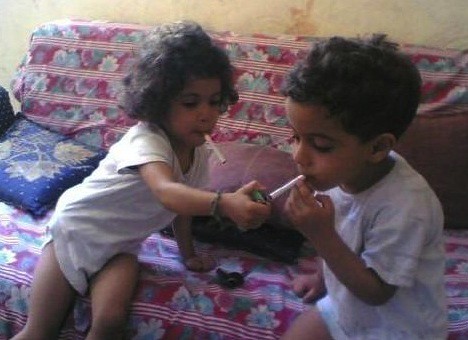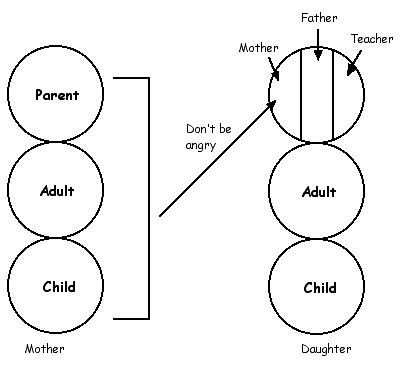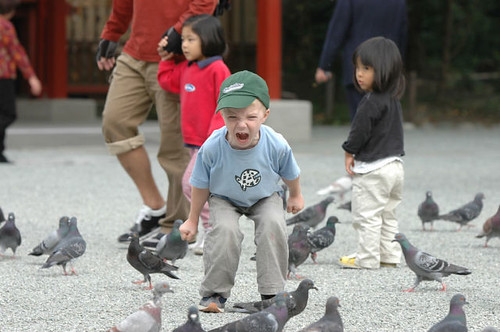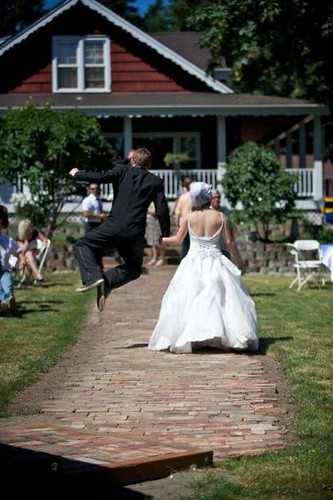1. My favorite story or fairytale as a child was The Lion, the Witch and the Wardrobe
2. I like when people are happy
3. My mother always told me to smile
4. I always try to do the right thing
5. Most men are childish.
6. What bothers me more than anything is being alone.
7. If I could, I would lose weight.
8. When I was a child, I wanted people to listen to me.
9. My father always told me to work hard.
10. I think I have a right to feel anything.
11. If I get angry enough, I lose my temper.
12. I shouldn’t get upset.
13. Love wonderful
14. I can’t lose weight
15. I get depressed when I feel helpless
16 A mature adult is a person who does the right thing.
17. One of my most important rules is DON’T lose my temper
18 My parents always told me what to do
19. I failed to grow up
20 My biggest fear in life is someone close to my dieing
21 Someday I will be happy
22. The child in me is lost
23 Sometimes I think “if only I had a different family”
24 People like myself work hard.
25. I need others
26 Winners are people who get what they want
27 Marriage is forever
28 Death is inevitable
29 My role in my family was to be quiet
30 One thing I try to hide from others is my unhappiness
31 My dreams are usually about scary things
32 Most women are beautiful
33 I feel really guilty when I say no
34 When things get tough I run
35 When I was a child, my parents never were happy with me
36 Sex is great
37 When someone disagrees with me I argue
38 If I were an animal I would be a fish
39 The last thing I want to do is quit
40 What I really learned in school is how to get along with people
41 I want my children to be happy
42 God is everywhere
43 A part of me wants to run away
44 Why can’t people do what they say
45 The story of my life would be called Getting Closer
---------------------------
Di I have written these as I would write in my clinical notes if you were a client. Thus I have made no attempt to make them sound nice. If they feel too brutal or you just don’t want this stated here let me know and I will delete it.

16 A mature adult is a person who does the right thing.
3. My mother always told me to smile
4. I always try to do the right thing
29 My role in my family was to be quiet
30 One thing I try to hide from others is my unhappiness
Results - Possibly quite a high CC. Need to access FC probably through RC. If CC response is at a pathological level investigate possibility of some significant trauma in childhood. Therapist would need to avoid the CC response in the transference neurosis. Develop RC in the relational with the therapist.
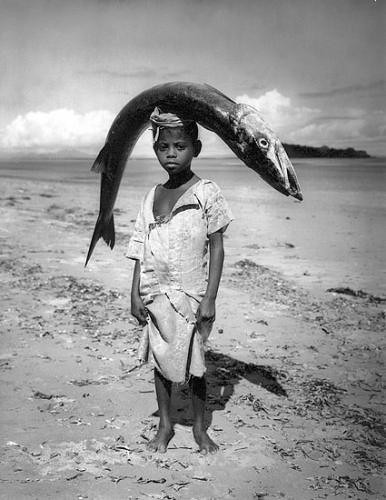
11. If I get angry enough, I lose my temper.
12. I shouldn’t get upset.
17. One of my most important rules is DON’T lose my temper
37 When someone disagrees with me I argue
Ambivalence about anger. Has internalised message of “Don’t feel anger” but reports anger behaviour. Need to investigate what is ‘temper’ is and what does ‘argue’ mean. Could be significant misperceptions about the demonstration of anger.
Need for anger work

7. If I could, I would lose weight.
14. I can’t lose weight
15. I get depressed when I feel helpless
18 My parents always told me what to do
Sense of loss of control in the personality. With such a reduced level of the Adult ego state as exectutive in the personality could indicate significant maladjustment. With food being used as one of the vehicles to sense the loss of control could indicate oral stage fixation and pre verbal issues. If at a pathological level investigate the possibility of others imposing their will onto to her in a severe way. Again anger work could assist with this so as to gain as sense of control of the world and in relationships. Make sure to identify times when client senses a loss of control in the relationship with the therapist
22. The child in me is lost
Examine how much this is a part of the life script
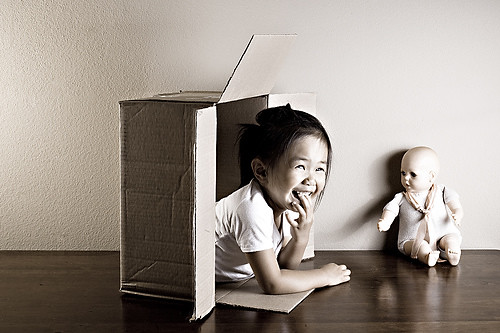
34 When things get tough I run
43 A part of me wants to run away
39 The last thing I want to do is quit
Flight is the basic response increasing the possibility of prolonged abuse in childhood. Develop fight response possibly with anger work
No run contract in therapy
Graffiti
